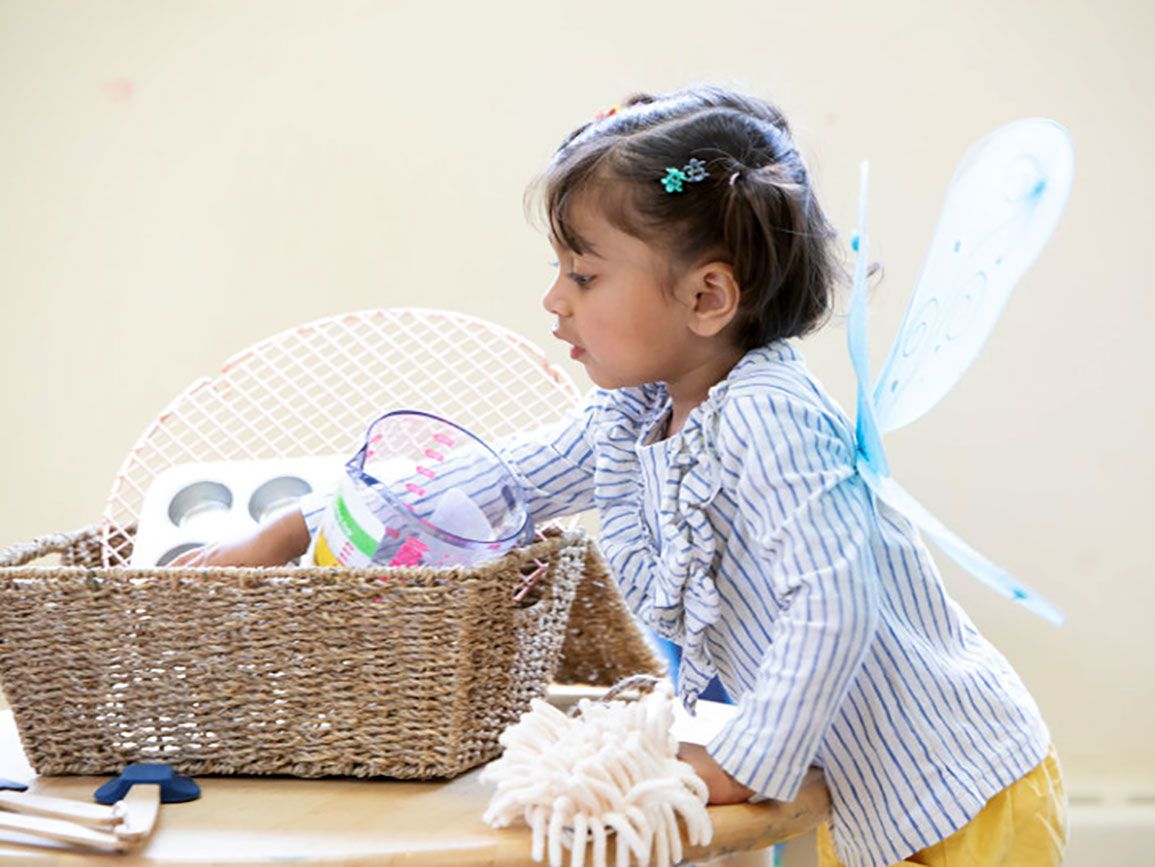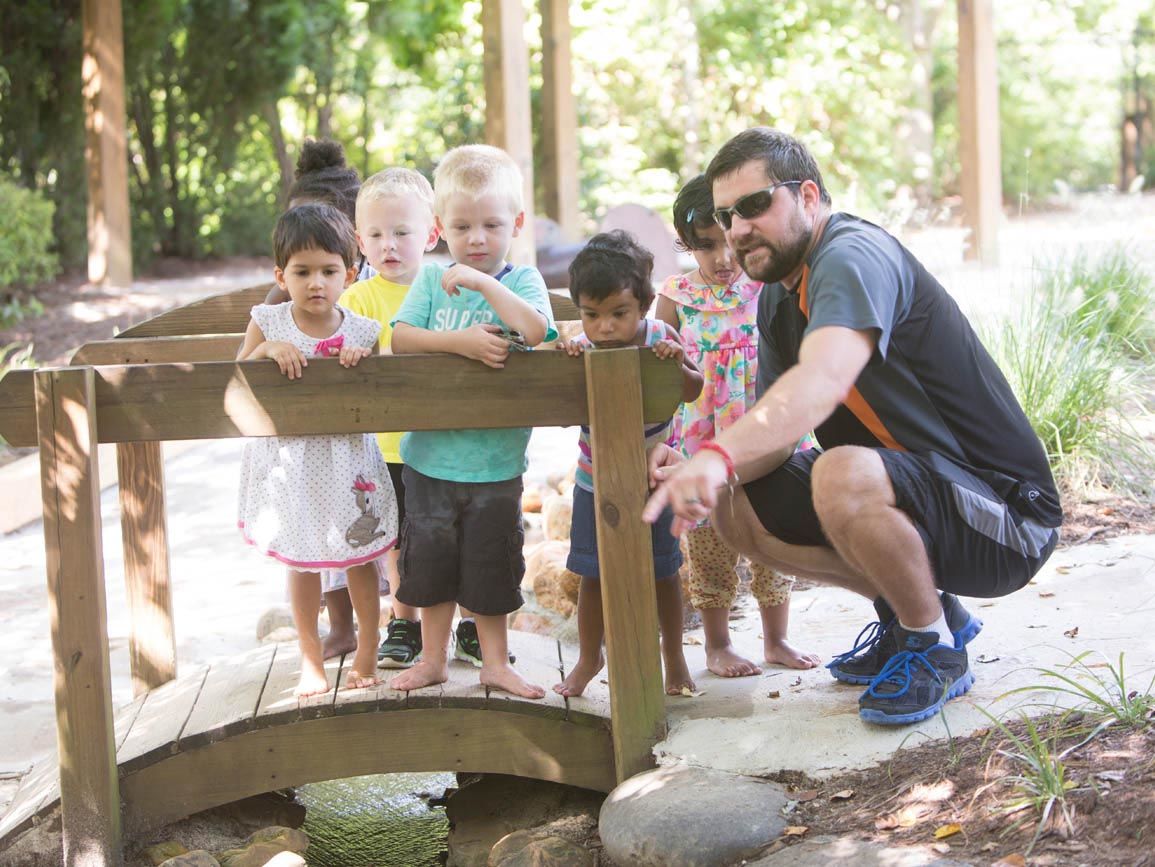This outdated image may come from a questionable study conducted in the late 1800's by Granville Stanley Hall, which took hold in the culture of the time and its ideas have stayed with us since.
New research tells us otherwise. It seems we might be able to discard these old ideas and consider the possibility that only children can actually be healthy and well-adjusted. We now know that there are no appreciable differences between only children and those with siblings. In fact, only children, similar to firstborns and those with one sibling, actually tend to score higher on measures of intelligence and achievement (Sandler, 2010).
The number of families with only one child has almost doubled since the early 1960's. Today, almost one in five U.S. families has one child. The number of children in a family surely impacts a child's experience, but in and of itself, is not negative or positive. And yet, many families struggle with the decision on family size. Some have one child not by choice, but by circumstance.
A few persistent myths are described below countered by more realistic portrayals.
- MYTH: Only children are spoiled or selfish.
- FACT: Only children can be as thoughtful about others as any child.
The thought is that if all your resources go into one child, he or she will become used to that and expect special treatment. Resources aren't "diluted" with only one child. Of course, we as parents of only children need to be thoughtful and not overdo the giving of material possessions, but there is no such thing as too much attention. All children flourish under the caring attention of invested adults and additional attention is in a child's best interest.
- MYTH: Only children struggle making friends and relate better to adults.
- FACT: Only children can have wonderful relationships with people of all ages.
Certainly as parents of only children, we need to be more deliberate about providing our child with opportunities to interact with peers; however, this can happen at child care, school, through cousins, friends in the neighborhood, and so on. Home isn't the only place that children learn to develop peer relationships.
Research shows that only children have as many friends as their peers with siblings. Furthermore, many of us know from our own experiences, or that of others, that having siblings doesn't automatically guarantee a blissful childhood. Many siblings tell stories of older brothers or sisters picking on them and making their life challenging.
- MYTH: Only children are lonely.
- FACT: Only children can have as many friends as their peers with siblings do.
Similar to the previous myth, we parents of only children will need to be more thoughtful about providing play dates and other opportunities for interactions with friends. However, we shouldn't underestimate the power, comfort, and fulfillment that children receive from a close relationship with parents.
At the same time, spending lots of time together doesn't necessarily equal quality time. Ensure that some parent-child time each week is really focused on following your child's lead and doing what he/she really wants to do.
- MYTH: Families are not "whole" with only one child.
- FACT: There are many healthy family configurations and no one right family size.
Many of us have experienced pressure from others to expand our families beyond one child. This is a very personal decision based on many factors that are known to only your family. There are no inherent positives or negatives to having a larger or smaller family. Each family has to weigh options and decide what is best for them.
There is no one right family size. Families and children in these families can thrive in a variety of configurations. Many factors affect what size family is right for you. Despite the persistence of myths based on very old and flawed data, only children can grow and flourish with deliberate thought and caring from you, their parent(s).





